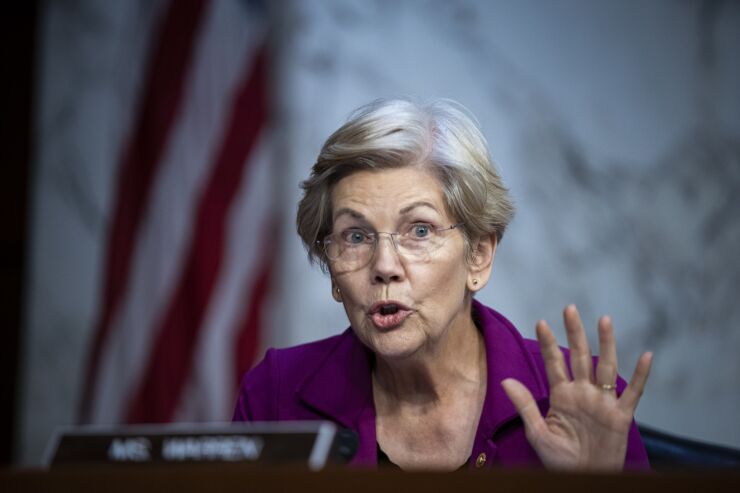WASHINGTON — Only hours after former crypto exchange FTX Chief Executive Sam Bankman-Fried's arrest for money laundering and fraud, the company's new CEO told the House Financial Services Committee that the actions around the crypto company's collapse amounted to "plain old embezzlement."
Bankman-Fried planned to testify at the hearing, and would have appeared virtually, but was arrested Monday evening in the Bahamas. Instead, FTX's new CEO John J. Ray — a lawyer specializing in bankruptcies who most famously managed Enron through its accounting scandal — appeared alone, telling the panel that FTX's shoddy accounting practices has made the bankruptcy proceedings uniquely difficult.
"Even with most failed companies, we have a fair road map of what happened," Ray said. "We're dealing with a literal paperless bankruptcy."

Overall, Ray painted a grim picture of the state of FTX, mirroring lawmakers' anger with the spectacular dissolution of Bankman-Fried's crypto empire.
The downfall of the crypto firm "appears to stem from the absolute concentration of control in the hands of a very small group of grossly inexperienced and unsophisticated individuals," Ray said. Internal controls "that are necessary for a company that is entrusted with other people's money or assets," were severely lacking. He added that FTX is continuing to find and secure property of the company, a significant amount of which "may be missing, misappropriated or not readily traceable."
Ray said that the management of Alameda Research, the hedge fund owned by Bankman-Fried that's wrapped in the crypto exchange's operations, was virtually indistinguishable from FTX.
He also confirmed that Bankman-Fried allowed 1,500 people in the Bahamas to take out about $100 million 24 hours before FTX filed for Chapter 11 bankruptcy protection, while FTX locked other customers out of their accounts.
Before his arrest, Bankman-Fried signaled that he intended to testify at the House hearing, but said that lawmakers would likely be disappointed.
Bankman-Fried said on Twitter Spaces Tuesday evening that his testimony was "going to be frustrating and underwhelming in some ways, because I wasn't going to be able to answer questions that I would really want to be able to and — frankly — really should be able to."

He was not scheduled to appear at the Senate Banking Committee testimony scheduled for Wednesday, and his attorneys, according to the panel, refused to accept service of a subpoena to compel his testimony.
Bankman-Fried's planned written testimony, which was not published on the House Financial Services Committee's website but
Rep. Patrick McHenry, R-N.C., currently the ranking member of the House Financial Services Committee and its future chair, said that while the arrest of Bankman-Fried is "welcome news," he "looked forward to getting his lies on the record."
But McHenry reinforced his overall view of the crypto industry, separating Bankman-Fried's actions from the industry at large.
"We have to separate out the bad actions of an individual from the good created by an industry and an innovation," McHenry said. "So let me be clear, I believe in the promise of digital assets and those around the world building blockchain technologies."
He also said that he'd look closely at the Securities and Exchange Commission and SEC Chair Gary Gensler's approach to policing crypto.
"We know SEC Chair Gensler's regulation-by-enforcement-only approach is not going to stop bad actors," McHenry said. "Next year, I look forward to hearing from Mr. Gensler early and often on how we can provide clarity on the application of our securities laws to trading platforms — which he has failed to do."





